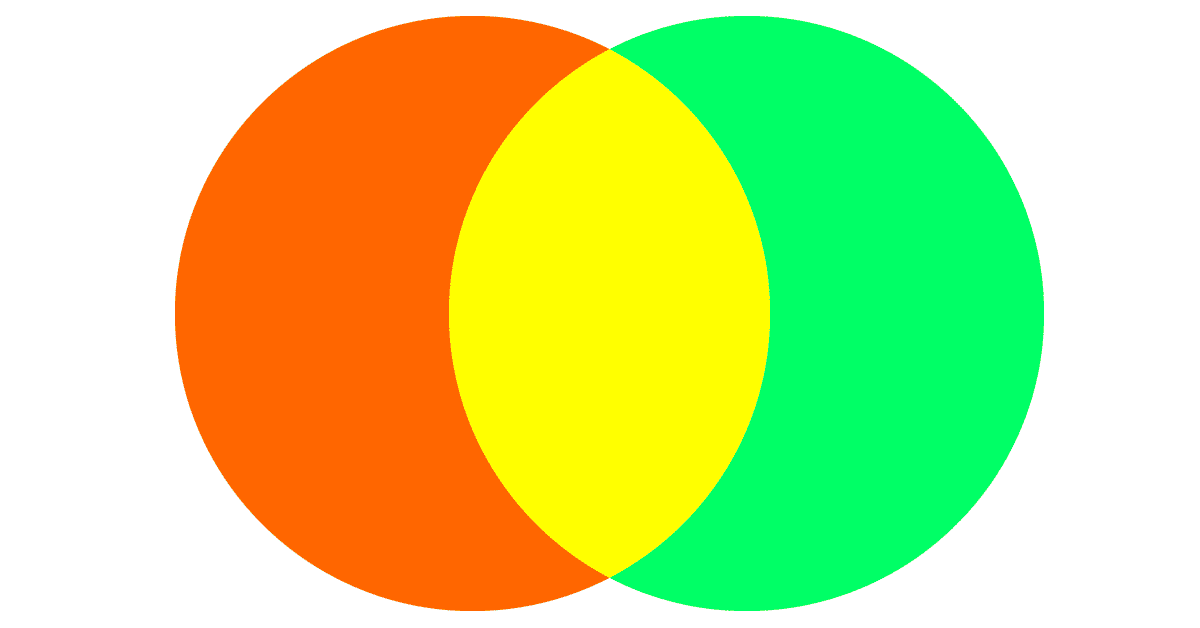 Stefan Zerbe is Full Professor for Environment and Applied Botany at the Faculty of Science and Technology since 2009 and Vice-Rector for Research at the Free University of Bozen-Bolzano since 2012. He studied biology at the Universities Würzburg and Stuttgart-Hohenheim, Germany. He obtained his doctorate as well as his post-doctoral lecturing qualification (Habilitation) and was researcher and guest professor for Botany at the Technical University of Berlin. From 2005-2009, he held the Chair of Geobotany and Landscape Ecology and was Director of the Institute of Botany and Landscape Ecology at the University of Greifswald, Germany. His main research and teaching fields are Vegetation and Landscape Ecology as well as Restoration Ecology, focusing on the Alps, Central and Southern Europe, and Central as well as East Asia. His main interest lies on interdisciplinary and international cooperation within research and teaching activities. He is author and co-author of 5 books/monographs and more than 170 scientific papers.
Stefan Zerbe is Full Professor for Environment and Applied Botany at the Faculty of Science and Technology since 2009 and Vice-Rector for Research at the Free University of Bozen-Bolzano since 2012. He studied biology at the Universities Würzburg and Stuttgart-Hohenheim, Germany. He obtained his doctorate as well as his post-doctoral lecturing qualification (Habilitation) and was researcher and guest professor for Botany at the Technical University of Berlin. From 2005-2009, he held the Chair of Geobotany and Landscape Ecology and was Director of the Institute of Botany and Landscape Ecology at the University of Greifswald, Germany. His main research and teaching fields are Vegetation and Landscape Ecology as well as Restoration Ecology, focusing on the Alps, Central and Southern Europe, and Central as well as East Asia. His main interest lies on interdisciplinary and international cooperation within research and teaching activities. He is author and co-author of 5 books/monographs and more than 170 scientific papers.
Glocal Design Spring 2015 | foreword | 27.3.2015 | 14:15
Abstract of talk @ DoD13
RESTORATION – DESIGNING NEW ECOSYSTEMS?
Worldwide, ecosystems and land-use systems, respectively, are degraded or even destroyed by non-sustainable land use. Against the background of the lost ecosystem services they provided (e.g. production, regulation, information) ecosystem restoration has become one of the major tasks and challenges of the 21st century. Basic aspects such as ecological key concepts (e.g. diversity, succession, disturbance) and their relationship to restoration as well as applied aspects are outlined. Examples are presented from Central Europe and the Alps as well as other parts of the world, e.g. forests, peatland, and grassland. In particular, after the complete destruction of ecosystems, e.g. after open cast mining or in urban-industrial areas, or after the establishment of invasive non-native species, new ecosystems (“emerging ecosystems”) have to be developed. This can be done on the one hand with the help of nature by integrating natural ecological processes. On the other hand, management might be necessary in order to restore particular ecosystem services. Thus, new ecosystems could be “designed”. Ecosystem restoration is a transdisciplinary task which needs the involvement not only of ecologists, but also experts from the socio-economic sciences and stakeholders, e.g. land users, decision makers, landscape planners.
SUGGESTED BOOKS


Interesting questions / statements
“Nature perfectly designs itself.”
“After man has destroyed natural or cultural ecosystems, design might favor function and services of the new ecosystems.”
“Still functioning ecosystems have to be conserved and maintained.”
